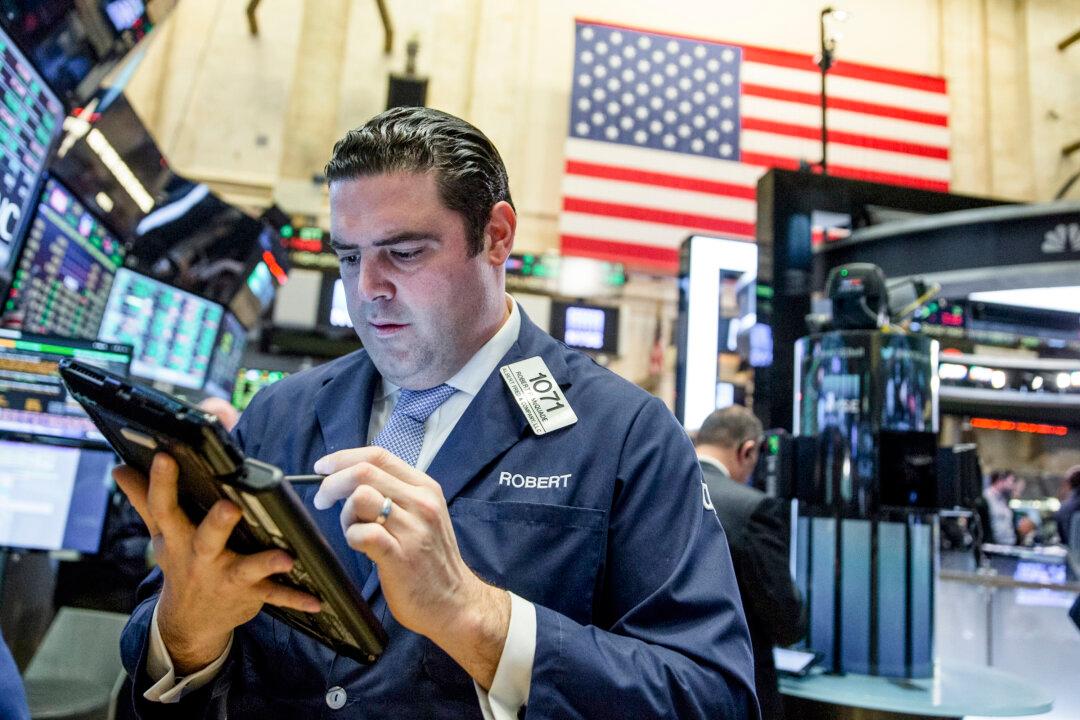An official with JPMorgan Chase warned that while U.S. stocks rose to record highs recently, that momentum may not continue and will raise risks of a 1970s-style “stagflation” scenario.
A chief market strategist with the top U.S. bank, Marko Kolanovic, warned that there appears to be too much optimism about the current market. The Federal Reserve has continued to keep interest rates high, while inflation numbers reported for January 2024 came in higher than anticipated.





